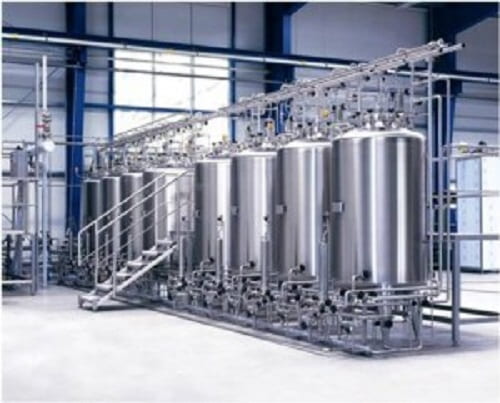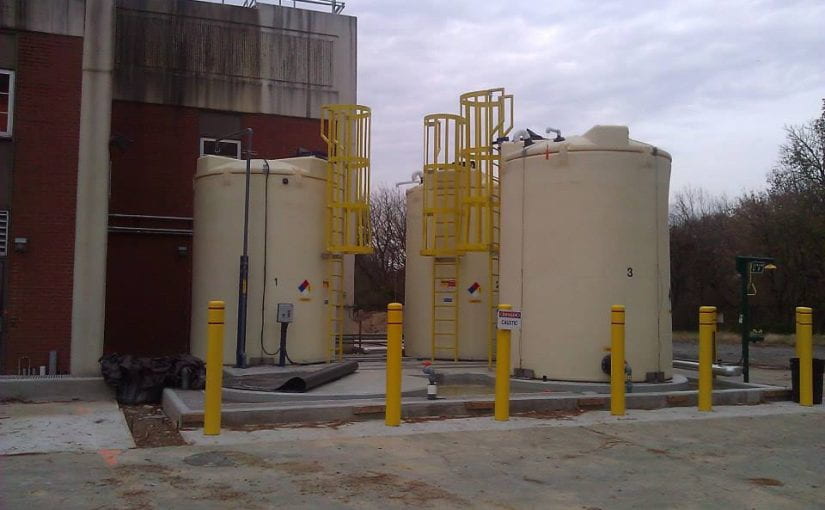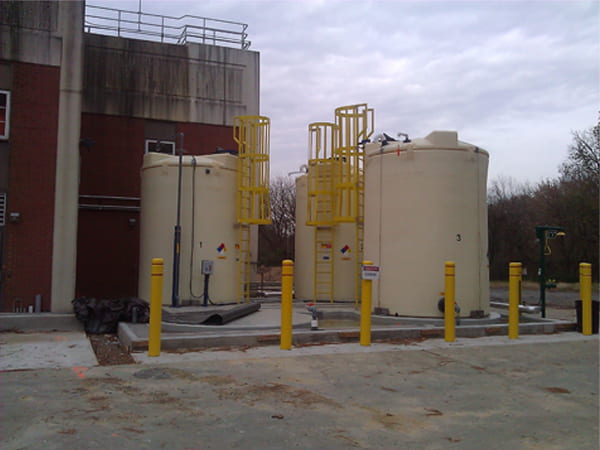In the world of industrial storage, stainless steel (SS) tanks are renowned for their strength, durability, and versatility. At Coastal Technical Sales, we are proud to offer a wide range of stainless steel tanks designed to meet the demanding needs of various industries. Whether you need a solution for food processing, pharmaceuticals, or chemical storage, our SS tanks provide the reliability and performance you require. In this blog, we explore the many benefits and applications of stainless steel tanks and why they are an excellent choice for your storage needs.
Why Choose Stainless Steel Tanks?
SS Tank have long been a preferred choice in numerous industries due to their superior properties. Here are some key reasons why SS tanks are the best option for many applications:
1. Exceptional Durability
Stainless steel is known for its remarkable strength and resistance to wear and tear. SS tanks can withstand harsh environmental conditions, including extreme temperatures, pressure, and corrosive materials. This durability ensures a long lifespan and reduces the need for frequent replacements, offering significant cost savings over time.
2. Corrosion Resistance
One of the most significant advantages of stainless steel is its resistance to corrosion. Unlike other materials that may rust or degrade when exposed to moisture or chemicals, stainless steel maintains its integrity. This makes SS tanks ideal for storing corrosive substances and for use in environments where hygiene and cleanliness are paramount.
3. Hygienic and Easy to Clean
Stainless steel’s non-porous surface prevents the absorption of contaminants and is easy to clean and sanitize. This property is especially important in industries like food processing and pharmaceuticals, where maintaining a sterile environment is crucial. SS tanks help ensure that stored substances remain pure and uncontaminated.
4. Aesthetic Appeal
In addition to their functional benefits, stainless steel tanks have a sleek and modern appearance. Their aesthetic appeal makes them suitable for visible installations where appearance matters, such as in food and beverage production facilities.
5. Environmental Sustainability
Stainless steel is a recyclable material, making SS tanks an environmentally friendly choice. At the end of their long service life, stainless steel tanks can be recycled and repurposed, contributing to sustainable practices and reducing environmental impact.
Why Coastal Technical Sales?
At Coastal Technical Sales, we are committed to providing high-quality stainless steel tanks that meet the specific needs of our clients. Here’s why partnering with us is the best choice for your SS tank requirements:
Expert Consultation
Our team of experts is dedicated to helping you choose the right stainless steel tank for your specific application. We offer personalized consultations to ensure that you get a solution tailored to your needs.
Quality Assurance
We prioritize quality in everything we do. Our stainless steel tanks are manufactured using top-grade materials and undergo rigorous testing to ensure they meet the highest standards of performance and safety.
Comprehensive Support
From initial consultation to installation and maintenance, Coastal Technical Sales provides comprehensive support to ensure your stainless steel tank performs optimally throughout its lifespan. Our customer service team is always ready to assist you with any queries or concerns.
Conclusion
Stainless steel tanks are an indispensable asset for many industries, offering unmatched durability, corrosion resistance, and hygiene. At Coastal Technical Sales, we are proud to offer top-of-the-line SS tanks that deliver exceptional performance and reliability. Contact us today to learn more about how our stainless steel tanks can enhance your operations and provide a robust storage solution for your business.



